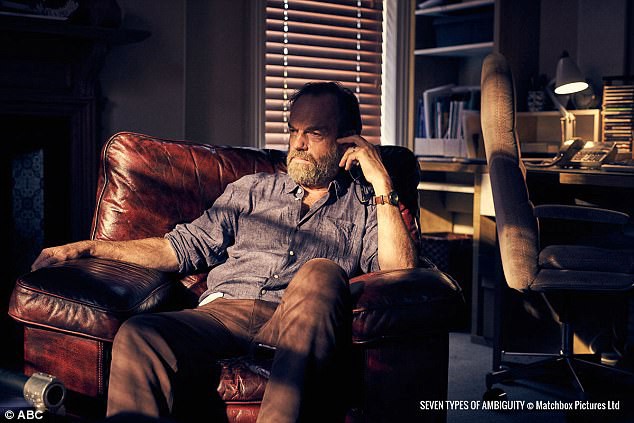With World Health Day just past on the 7th of April 2017, the World Health Organisation has announced that “depression is the leading cause of ill health and disability worldwide.”
While globally organisations and individuals are working to improve the understanding and awareness of mental health, this is also a great time to look at our expectations from those we trust most with our sometimes fragile sense of self — mental health practitioners.
According to the Australian Department of Health, mental health practitioners should “build collaborative, mutually respectful, partnership-based relationships with people to support them to build their lives in the ways that they wish to.” The primary responsibility of the mental health practitioner is to respect the dignity and integrity of the client.
Client growth and development should be encouraged in ways that foster the client’s interest and promote good welfare. Mental health counsellors should be aware of their influential position with respect to their clients, and avoid exploiting the trust and fostering dependency of their clients.
But is this actually happening?
Picking a therapist can seem like a daunting and time-consuming task. It’s hard enough to get yourself to therapy when you need it (it’s like going to the dentist for some people), but to ‘shop around’ for the right therapist can make many people quit, or settle for the first one they find, even if it’s not the right fit.
We have all heard horror stories about Psychologists and Psychiatrists. From a simple disregard for their client’s time and feelings, to therapy moving from a professional and empathic relationship to a sexual one.
Let’s consider what we don’t want, as patients, when we choose to visit a mental health professional.
1. Unethical behaviour
2. Ignoring confidentiality and emergency protocols
3. No clear indication that they don’t specialise in your issue
4. Their recommendations go against your beliefs
7. You feel worse after your session — regularly
8. You feel judged, shamed or emotionally unsafe
9. They’re a lousy listener.
10. They continually reschedule your session with little warning
11. You just don’t feel “right”.
Consider reading Irvin Yalom’s book The Gift of Therapy — An Open Letter to a New Generation of Therapists. All professionals should have a copy of this book on their shelves. Yalom says, “Therapists need to have a long experience in personal therapy to see what it’s like to be on the other side of the couch and see what they find helpful or not helpful. We’re not teaching our students the importance of relationships with other people: how you work with them, what the relational pathology consists of, how you examine your own conscience, how you examine the inner world, how you examine your dreams.”
Yalom’s words in particular seems to highlight that mental health professionals can sometimes forget the stresses associated with the conditions they treat. It can be exceptionally hard for a patient to deal with the stress of finding a good professional, as well as try and cope with their condition on a daily basis. To then struggle with inadequate service can potentially stop a patient seeking further assistance. It should be an obvious statement, but this could possibly be a dangerous situation for a patient, and not something to be taken lightly.
Patients want the opportunity to tell their stories, to be asked questions and be understood. They have the expectation, and not an unreasonable one, that what is shared is understood and heard, with reasonable advice and guidance the recompense.
What a patient needs their therapist to be is:
1. Empathetic
2. Humane
3. Forthright
4. Respectful
5. Thorough
So who is the perfect therapist? Is there one?
Many of us remember Gabriel Byrne who played Psychotherapist Paul Weston in the TV series “In Treatment”. His subtle portrayal won him awards and made him a heartthrob again at 59. While we would all love to have Gabriel Byrne as our therapist, all that a patient really needs and wants is a professional who will treat them with respect, who can be sincerely interested in their story, and will offer their professional expertise in a manner befitting the sacred trust that is endowed on them.
Elizabeth Venzin is the Founder and CEO of the Australian Not-for-Profit Organisation The MindShift Foundation. Resources about preventative mental health can be found on the MindShift website www.mindshift.org.au
Originally published at medium.com


